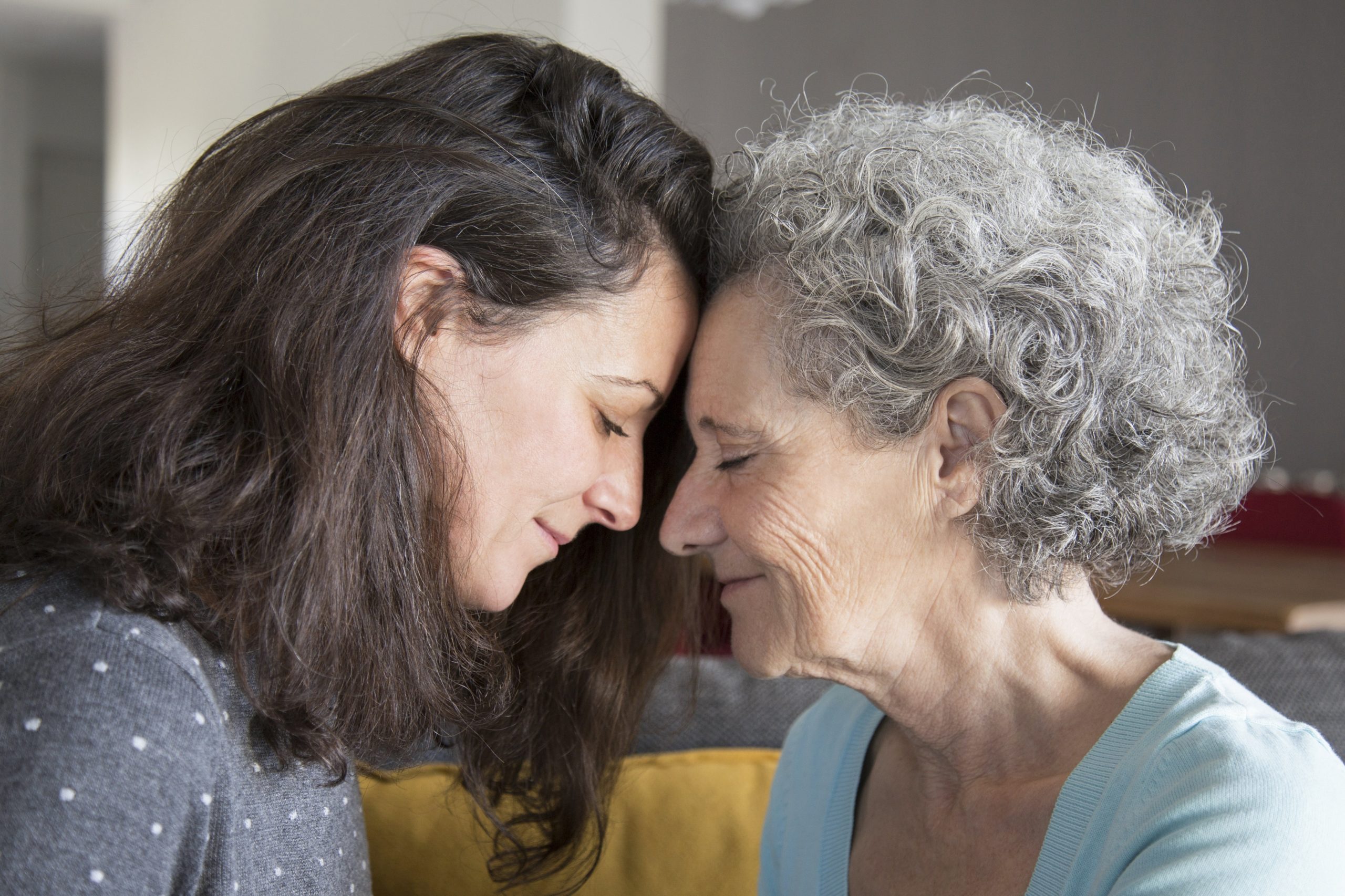Hospice is a topic we tend to avoid discussing. For many, hospice emotes daunting feelings about death and loved ones dying. For others, it’s viewed as a “last surrender” and that the patient has given up on life. These misconceptions can not only lead to people not fully understanding the benefits of hospice care, but to patients being deprived freedom of choice in their final months and one of the most impactful care options available.
Here, we will take a look at what exactly hospice care does, and why it can be a good decision for your loved one living with serious illness.
- It offers the patient dignity. With hospice, patients can choose to focus on quality of life, allowing them to regain a sense of control and dignity. Care is about how you choose to live and centered on allowing you to live more fully in the time that remains.
- It takes place in a familiar environment. Hospice care can be offered wherever the patient lives or feels the most comfortable, whether it’s their own home, assisted living, or a nursing facility. Most patients feel more comfortable in their own home rather than in an unfamiliar hospital. In fact, ViaQuest helps reduce re-hospitalizations, keeping you home where you want to be.
- It is easier on finances. Hospice care is almost always fully covered by Medicare or Medicaid insurances, lessening the financial burden of overwhelming hospital bills.
- It provides options for family and friends, not just the patient. Hospice’s extra layer of support enables family members to resume their role of wife, mother, daughter, husband or son again by our ability to ‘share the care’. Many ViaQuest patients have told us our hospice care allowed them to regain precious time with their loved ones.
- It offers comprehensive care and support 24/7. One of the best things about hospice is that care is available when you need it – 24/7. There are no more frantic late night trips to the ER. ViaQuest is available by phone 24/7 with on-call nurses available during a crisis.
- There is no compromise in the quality of medical care. Even though hospice often takes place outside of a hospital, patients are still provided with all the necessary medication and equipment to ensure the patient’s final months are pain and symptom-free. In fact, studies show that patients on hospice have better quality of life and live longer than those who did not choose hospice care.
- It gives the patient control and empowerment. Allowing a patient to choose how and where they will spend their final months can actually improve the quality of life. They no longer feel victim to their own pain and symptoms, and can enjoy their final months.
- It provides counseling and bereavement care. ViaQuest Hospice has a team of social workers, chaplains, and grief counselors to guide both the patient and their loved ones through this difficult transition. ViaQuest Hospice also offers grief counseling and assistance in getting your loved one’s affairs in order after they pass.
- It focuses on physical, emotional, and spiritual pain. While hospice nurses are available to keep your loved one pain and symptom-free, chaplains assist in helping the patient and family come to terms with their illness and offer any spiritual support the patient and family request.
Choosing hospice does not mean you’re giving up hope—it just means a different kind of hope. A hope that your loved one can choose how to spend their final months, a hope that they will live as well as they can for as long as they can, and be surrounded by people who love them. ViaQuest Hospice can provide you with tools and support to make the decision and transition simple, peaceful, and full of hope.
If you have questions about hospice care, need support dealing with an illness, or feel it is time to focus on quality of life, call us at (855) 289-1722. We have a team of caring professionals on-call, ready to help.

 November is National Hospice and Palliative Care Month. ViaQuest recognizes hospice care as a service that provides comfort, dignity, and respect to those coping with a serious or life-limiting illness and their families. While we realize the subject of hospice is often fraught with both emotion and confusion, we feel that this often-misunderstood facet of care is a valuable option that many families don’t explore because of the misconceptions surrounding it. Hospice is about allowing patients with life-limiting illnesses to navigate their end-of-life journey with dignity and compassionate care and supporting their families and caregivers.
November is National Hospice and Palliative Care Month. ViaQuest recognizes hospice care as a service that provides comfort, dignity, and respect to those coping with a serious or life-limiting illness and their families. While we realize the subject of hospice is often fraught with both emotion and confusion, we feel that this often-misunderstood facet of care is a valuable option that many families don’t explore because of the misconceptions surrounding it. Hospice is about allowing patients with life-limiting illnesses to navigate their end-of-life journey with dignity and compassionate care and supporting their families and caregivers.